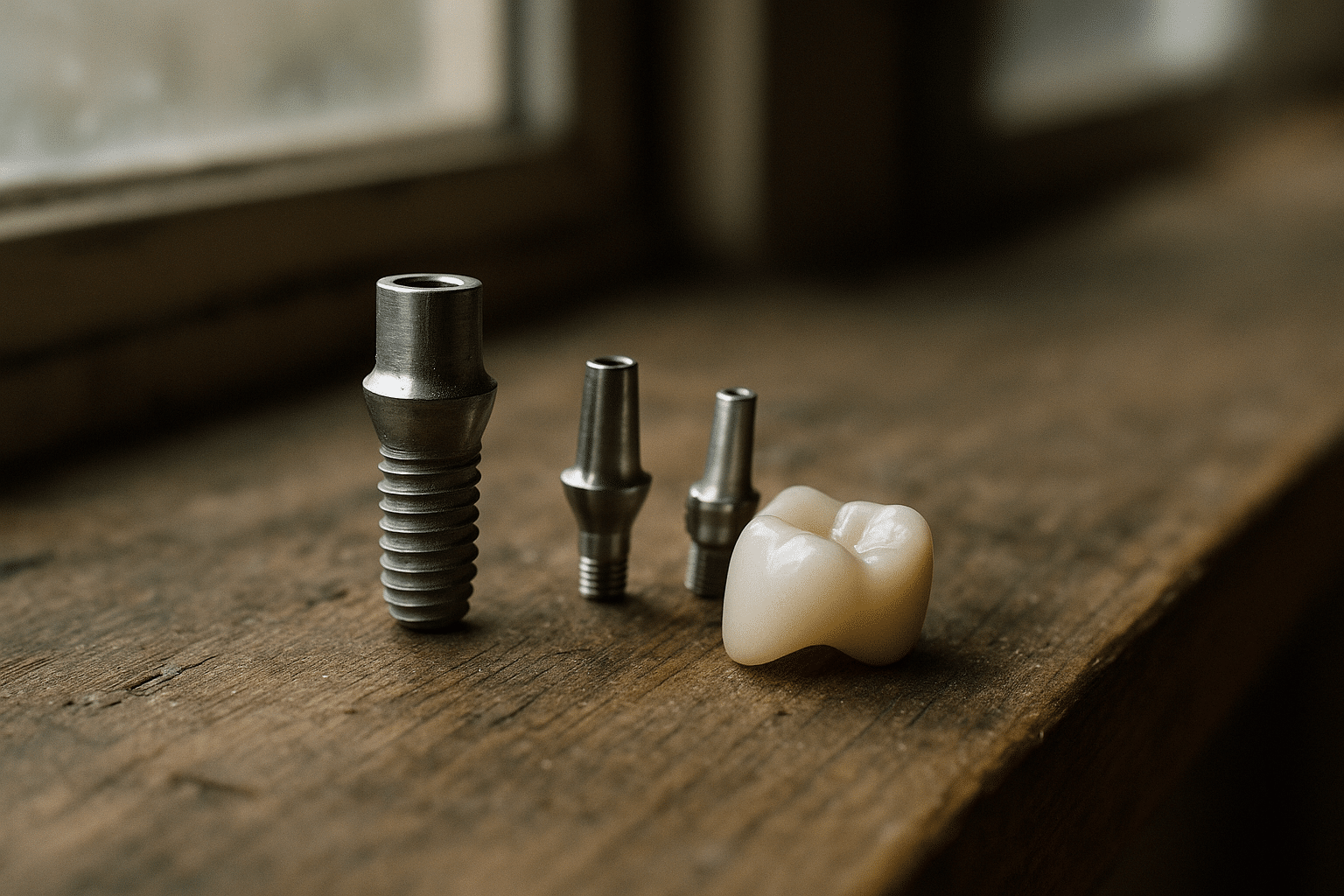
Preventative Healthcare for Reptiles: What Owners Need to Know
Taking care of reptiles involves more than just providing a habitat; it’s about ensuring their overall health through preventative healthcare practices.
Understanding Reptile Health Needs
Reptiles, like any other pets, require specific care to maintain their health and wellbeing. According to Dr. Emily Taylor, a herpetologist, “Preventative care is crucial for reptiles, as many health issues can be avoided with proper care and attention.” This means understanding their unique dietary, environmental, and physiological needs.
Why Preventative Healthcare is Essential
Preventative healthcare helps avoid common health issues such as respiratory infections, metabolic bone disease, and parasites. A study from the Journal of Exotic Pet Medicine highlights that regular health check-ups and proper husbandry can significantly reduce the incidence of these conditions.
Common Preventative Measures
- Regular Health Check-ups: Schedule routine vet visits to catch any potential health issues early.
- Proper Nutrition: Ensure a balanced diet tailored to your reptile’s species.
- Environmental Control: Maintain optimal temperature and humidity levels in their habitat.
- Hygiene Practices: Regularly clean the habitat to prevent bacterial and fungal growth.
A Reptile Owner’s Story
Consider the case of Alex, a reptile enthusiast who learned the hard way about the importance of preventative care. When his bearded dragon, Spike, developed a calcium deficiency, Alex realized that dietary supplements and UVB lighting were essential components of Spike’s care routine. Since then, Spike has been thriving with regular vet check-ups and a well-balanced diet.
Actionable Tips for Owners
- Research your reptile’s specific care requirements thoroughly.
- Invest in quality heating and lighting equipment.
- Monitor your pet’s behavior and physical condition regularly.
- Keep a health log to track any changes and veterinary visits.
Comparison of Common Reptile Health Issues
| Health Issue | Symptoms | Preventative Measure |
|---|---|---|
| Respiratory Infections | Wheezing, nasal discharge | Maintain proper humidity |
| Metabolic Bone Disease | Lethargy, swollen limbs | Provide UVB lighting |
| Parasites | Weight loss, lethargy | Regular vet check-ups |
| Dehydration | Sunken eyes, dry skin | Ensure adequate hydration |
| Shell Rot (in turtles) | Foul odor, discoloration | Keep habitat clean |
| Obesity | Excessive weight gain | Balanced diet |
| Injuries | Cuts or bruises | Safe habitat setup |
| Vitamin Deficiencies | Weakness, poor growth | Supplement diet |
Frequently Asked Questions
How often should I take my reptile to the vet?
It’s recommended to have an annual check-up at a minimum, or more frequently if you notice any unusual behaviors or symptoms.
What diet is best for my reptile?
The diet varies greatly by species. Research your pet’s specific dietary needs and consult with a vet for tailored advice.
How can I tell if my reptile is sick?
Look for changes in behavior, appetite, and physical appearance. If in doubt, consult a veterinarian.
What are the signs of a healthy reptile?
A healthy reptile is active, has clear eyes, smooth skin, and a regular appetite.
Conclusion: Taking Charge of Reptile Health
Preventative healthcare is essential for maintaining the wellbeing of your reptile. By understanding their specific needs, scheduling regular vet visits, and maintaining a clean and suitable habitat, you can significantly enhance your pet’s quality of life. Take these steps today to ensure a healthy and happy future for your reptile companion.


